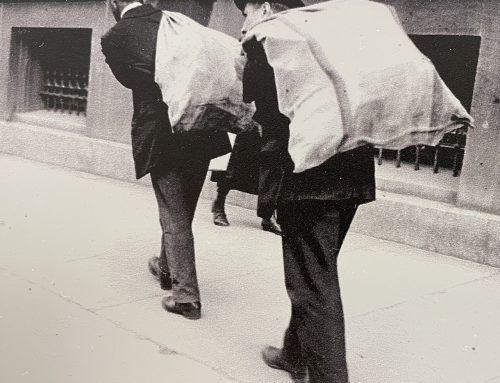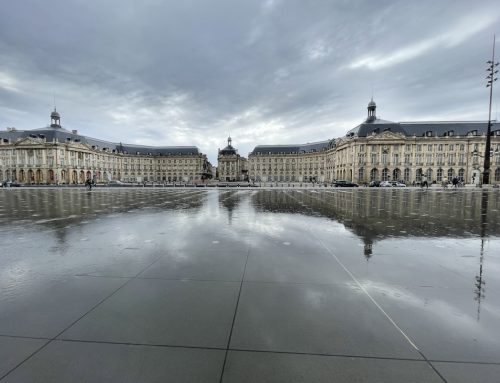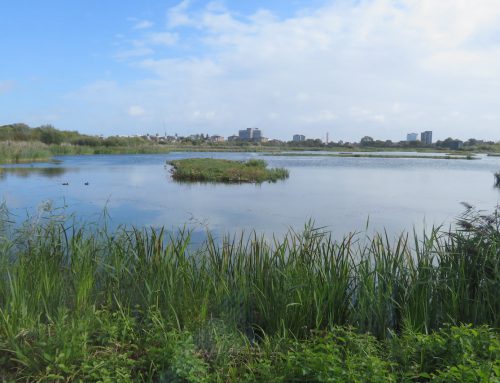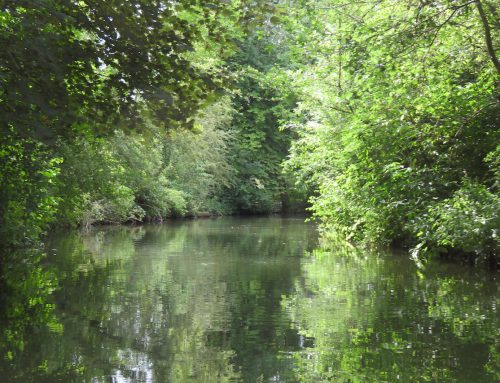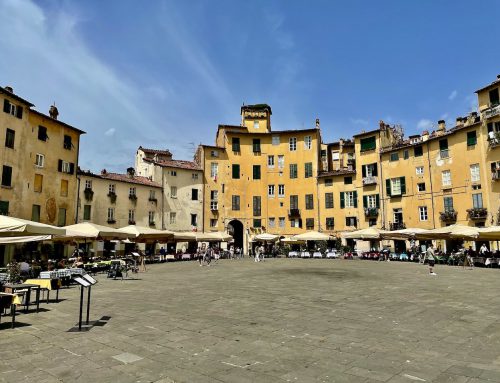Mother-in-law is definitely worst
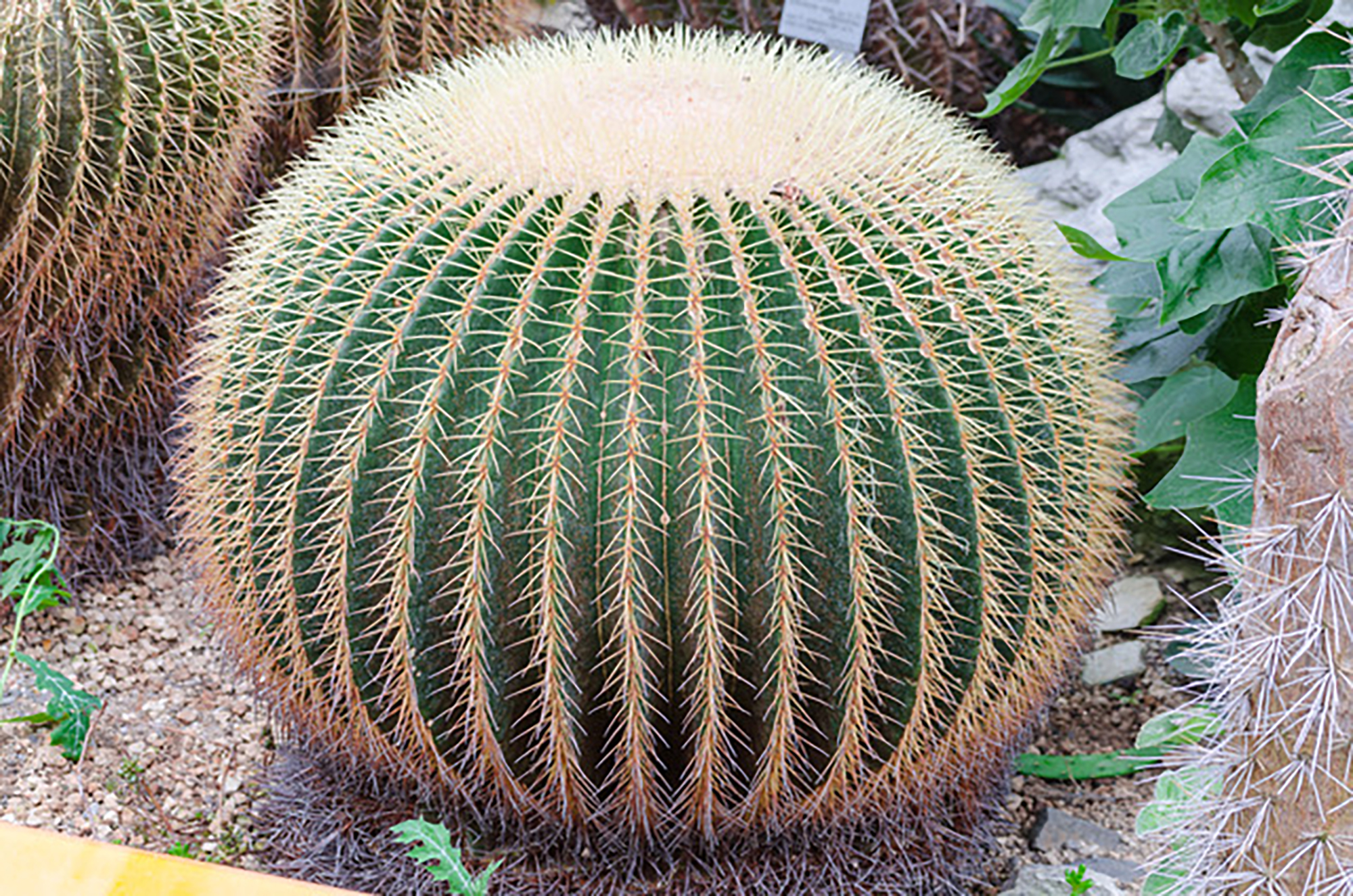
Mother-in-law is definitely worst

Mother-in-law is definitely worst
San Pedro de Atacama, Chile
The point is, I think I am crazy but, if not, I am clearly off-beam. Yet I challenge anyone to walk the Villama River without concluding that cacti can speak. To reach the place, tucked somewhere impossible and a short drive from San Pedro, you pass through a landscape that has a zillion colours, shades and pigments that even an artist would have trouble to describe. These are geological colours, sat there for more than 20 million years. Rocks and formations, volcanoes, geysers, old mudslides, and a few drops of rain at best, have made this region for much of the year utterly and totally plant-free. Not a bush, not a blade, not a weed, not a shrub, not a herb, not a flower, not a seedling. Just a horizon filled by rock.
Until you turn that corner, when it hits you by surprise, as there before you is Qebrada de Guatín, known to most as Cactus Valley.
First, there is running water, a rare feature of the planet’s driest region. Second, the valley is dotted with cacti, most of the same design. I say dotted, as they look haphazard, but then you wait and you think and you ponder, and you realise there is organisation.
In Cactus Valley, a rushing river and an occasional waterfall at its base, on the slopes above you somehow feel surrounded by community. There are big cacti, little cacti, medium-sized and tiny. There are cacti with no arms, those with lots of arms, and plenty that cannot decide. There are baby cacti next to big cacti, and little cacti intertwined. There are even cacti in gatherings and the occasional lonely chap way up on the hill. Perhaps, I thought, he was the social outcast. Or, could he have been on guard? This was not Cactus Valley, this was Cactus City. The spiny plants were so happy to be with friends, I am certain I could hear the chit-chat.
“The ones with lots of arms,” said Huan, who had joined me for the day, “are the ladies. One arm or no arms means they are a guy.”
“Typical,” I replied.
“Typical?” he inquired.
“Even cactus ladies are designed for multitasking.” We laughed, two men together, surrounded by thorny plants.
Huan was San Pedro’s secret weapon, a guide who understood the peculiar. Early thirties, fit, normally a mountaineer, he had somehow become an expert in the Atacama. Best I could tell he was at his happiest when hanging from a cliff. If you sought something odd or peculiar, which is what writers do, Huan was your man. If you sought something normal, best ask someone different.
Thanks to garden centres and an increasingly urban life, where much horticulture takes place in pots, for some reason I thought cacti grew worldwide. Courtesy of Huan, I realise they do not. There are 1800 species of the thing, all from the Americas, apart from one that stands alone in Africa and a few others that made it to Oz. But man did that, it was nothing to do with Nature. Tread carefully, too, as the cactus in that pot, which someone gave you for a birthday, was probably taken from the wild. A world without cacti? Keep going Homo sapiens and anything is possible.
So, as I followed Huan, as we weaved our way between the cacti of the Villama River, I felt the human gooseberry. I was invading cactus space. A lonely hummingbird above us had got it right. It flitted from one plant to another, its long, thin beak hunting for food between the spines. Then the bird would dart away to the next cactus, and the next, the next and the next, spending no more than a few seconds at each one. It was not lumbering about like we humans, however fleet of foot Huan may have been. I could not see the pollen but could sense it. The humming bird was how pollination was done, hopping from one point to the next. Bees did it, too, as well as a Peruvian bat.
But with bees, not bats, come spiders and with spiders come…well, misery.
“That spider is poisonous,” said Huan, as he pointed to the centre of a matted web that all but enveloped a huge cactus. I had missed the web, being too focussed on trying to photograph the humming bird - simply impossible – while remaining unimpaled by cactus.
“How poisonous?” I asked.
“Very. Looks like a Recluse.”
The Chilean Recluse spider is one of the most poisonous in the world and kills a few humans every year, courtesy of venom that makes flesh rot. It bites, you hurt, you wait a few hours, and then limbs begin to crumble. Amputation may be the only way to save your life and I was not expecting to find a Recluse in a cactus.
“Then why are we standing so close?” I asked.
“I’m not,” said Huan. “You are.”
He was right. I was nearest to the cactus, my eye firmly off the ball. Huan, the consummate guide, was wisely keeping his distance.
“Best you step back,” he said, his voice barely a whisper. “Slowly”.
Odd what you think when only centimetres from the enemy. By rights I should have screamed. But no, all I could think was what I said, “Huan, why are you whispering? Spiders don’t have ears.”
“Through the hairs on their legs,” he replied. “A Recluse can hear you from the other side of a room.”
So, step backwards I did, millimetre by millimetre, absolute silence, my gaze fixed on the brown legs of the spider, which were poking through a tiny hole in the cactus. Huan had seen the beastie instantly. I had missed it by a mile. Back I went - shuffle, stop, wait and look, shuffle, stop, wait and look, shuffle - dammit!
I had been so focussed on the Recluse that I had ignored what lay behind me. The pain was excruciating. I had been stabbed, something more than sharp, dead centre of my left calf, and right through my protective trousers.
“Hell!” I whispered, reflexly reaching down towards my calf. “I’ve been bitten by a bloody Recluse. It must be the mate.”
“Stay there!” ordered Huan, his voice no longer a whisper. “Don’t move your leg any further. Stop. Don’t shift a muscle.”
I froze instantly. There was something about Huan’s tone that made me obey. This was no time for independent opinion.
“Now,” said Huan, patience back in his tone, “ever so slowly turn and take a look.”
Like the slowest of snails, you could barely see me move, I turned and looked down at my calf. What I saw was truly sad, pathetic, useless for anyone who sees himself as macho. The pain was overwhelming and yet Huan already carried a broad grin. This was no spider, no Recluse’s mate, not even a bee, but the straight and razor-sharp spine of a mother-in-law cactus, a spike embedded to the hilt.
“Looks painful,” said Huan, still the boyish grin at the Englishman in trouble and impaled. “You can never trust a cactus,” he added, “they will get you when you least expect. Move gently forward and all will be okay.”
Slowly, I took a tiny step as instructed, unskewered my calf, and turned to join a smiling Huan, who had now begun to guffaw. He was right. When in Cactus City they gang up to get you and mother-in-law is definitely worst.
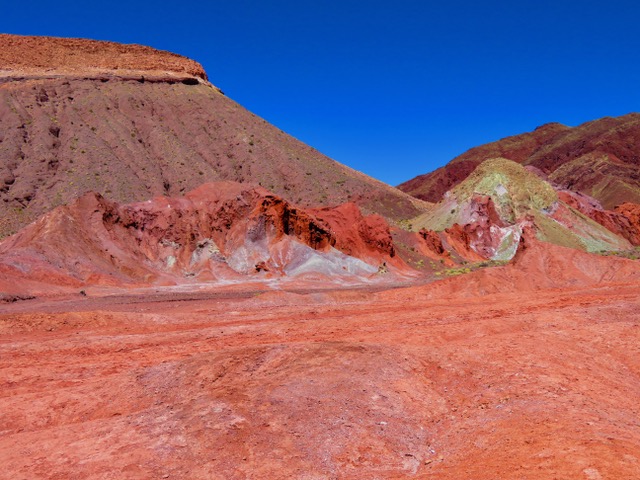
Colours, colours everywhere and barely a plant to see
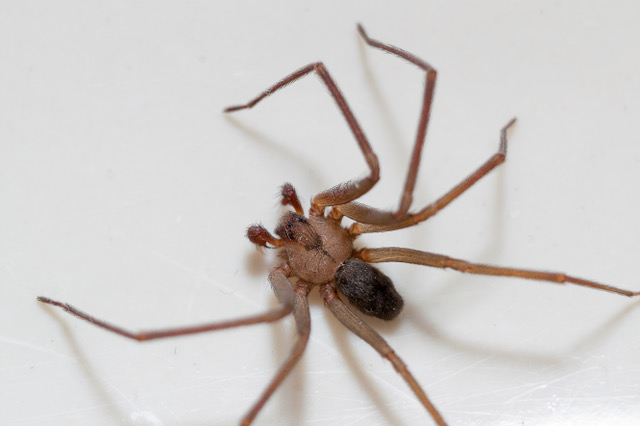
A Recluse spider - Keep your distance - You have been warned

